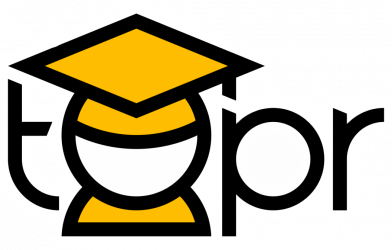Description Quizzes are a well-established method for testing student understanding, in both forms of summative and formative assessments. To ensure that the quizzes are impactful for students, intentionality is required (Ebner & Efron, 2012). Instructors must consider that the timing, modality, and approach all influence its effectiveness. When using quizzes in alignment with learning objectives, …
Continue reading “Using Zoom Polling Feature to Increase Student Engagement and Learning”
Related Tags:
Active Learning,
Assessment,
Engagement,
Peer-Reviewed Entry,
Poll,
Quizzes,
Zoom
Description Student introductions are a high-impact practice: they build community within the course, set the stage for more substantive forms of student-student and student-instructor engagement, and can reveal unknown issues or strengths on the part of students (Dolan, Kain, Reilly, & Bansal, 2017). Building community in online classes (Nelson & Goodson, 2018) through introductions helps …
Continue reading “Create Intentional Communities through Meaningful Student Introductions”
Related Tags:
Assignments,
Content,
Discussions,
Engagement,
Equity,
Interaction,
Introduction,
Peer-Reviewed Entry,
Quizzes,
Social Presence,
Support
Description Information retention and transfer can be enhanced when a learner is given multiple opportunities to recall new information. In an online course, this can be done by integrating low-stakes quizzes that allow multiple attempts and providing meaningful feedback on students’ performance. Offering a low incentive and multiple attempts will help to remove the pressure often …
Continue reading “Using Low-Stakes Quizzes to Encourage Mastery”
Related Tags:
Assessment,
Evaluation,
Mastery,
Quizzes
Description Self‐assessment can play a central role in learning, revisions and review (Andreade & Du, 2007; Weimer, 2010). The self‐assessment process involves a complex process of internalization and self‐regulation, and with implications for research and practice. “Researchers see criteria‐referenced self‐assessment as a key component of self‐regulation with the potential to scaffold other components, including goal‐setting, …
Continue reading “Use Self Tests to Guide and Motivate Students’ Learning”
Related Tags:
Assessment,
Quizzes,
Self-Test
Description There are five common academic dishonesty practices. Online faculty members need to be aware of them and take them into consideration while designing their courses. Plagiarism – using another person’s words or ideas without appropriate citation conventions as presented in different Fabrication – making up data, results, information, or number, and recording, and reporting …
Continue reading “Reduce Cheating”
Related Tags:
Academic Integrity,
Assessment,
Quizzes
 Using Zoom Polling Feature to Increase Student Engagement and Learning
Using Zoom Polling Feature to Increase Student Engagement and Learning

